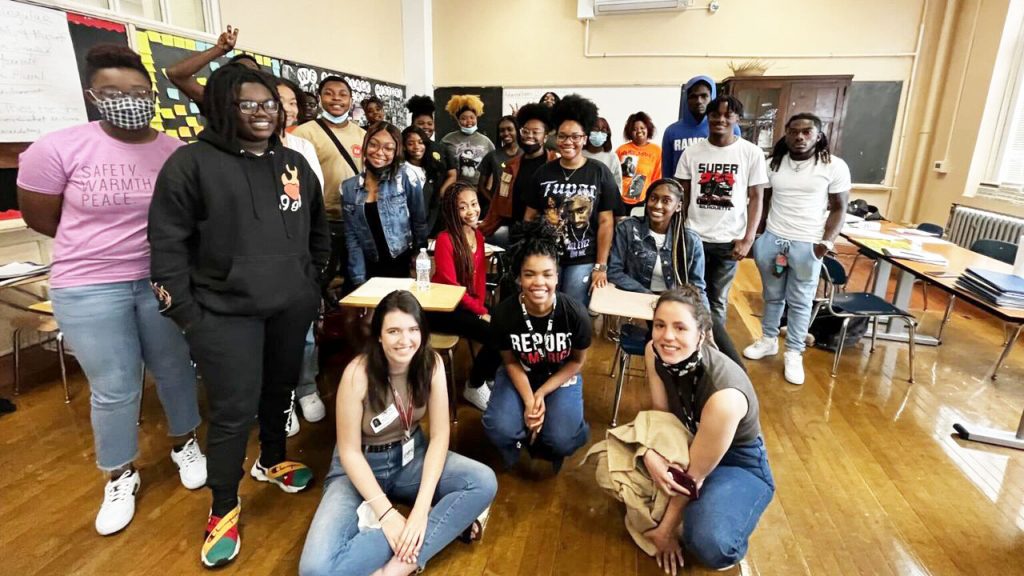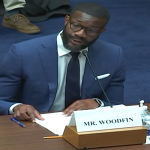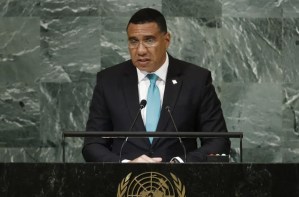Over the past seven months, Birmingham high school students polled their peers with questions: Does social media impact your mental health? Why can’t every person wear a natural hairstyle at work? What is the impact of racism on your friends? How do you get an athletic scholarship? And should every student have access to pads or tampons at school?
Alabama Education Lab reporters Rebecca Griesbach and Savannah Tryens-Fernandes and WBHM reporter Kyra Miles worked with Ramsay High School students to shape podcasts that explore those topics.
The three reporters are all Report for America corps members who cover K-12 and education issues for their respective newsrooms. They teamed up with two classes at Ramsay for a service project. They visited students once a week and showed them how to pitch ideas, interview sources, edit scripts and produce podcasts.
Students produced a total of 14 podcasts. You can listen to all of them here.
A group of freshmen interviewed classmates and an organization that donates menstrual products to low-income communities. They also talked about a new Alabama law that will provide free hygiene products to Title I schools, which includes Ramsay and all Birmingham public schools.
“I definitely feel like this bill will be a great help to young girls, because worrying about needing a pad can take time I need to spend paying attention in class,” said Kamora Reynolds. Her team’s episode was voted fan favorite of the class.
Another group of students asked their peers whether they thought all workplaces should allow natural hair and styles such as Afros and locs, and discussed the potential impact of the federal CROWN act.
“This topic has caught my attention because in the workplace, I had to adjust to the hair rules put in place in order to work in my job,” said student Anitrus Gray.
A group of seniors talked to family members and teachers about their experiences attending predominantly white colleges and historically Black colleges or universities. They said the project helped them clarify their own college decisions.
“We started this process because we have to make these decisions now,” said Blake Thomas. “It’s crunch time.”
At the end of the episode, the four students listed where they committed for college — the University of Alabama and Morehouse College.
After working on an episode about racism in schools, student Seth Thomas told the journalists he was interested in following them to a career in communications.
“What I took away from this project was it really helped me improve socially,” he told WBHM. “It made me become a better person socially and also I say that because it really forces you to communicate and go get these interviews with people.”
The AL.com and WBHM reporters said the project offered valuable insight into the everyday lives and questions of students.
“This effort to equip students with the ability to tell the stories that are important to them can make education journalism as a whole more personal, more inclusive and more impactful,” Tryens-Fernandes said.
“Spending that much time with students was rewarding not just for this project but also informing us about what students care about in the news,” Miles said. “I’m also really proud of this project because part of my goal was to get more young Black students interested in journalism. I always want more young Black voices in audio journalism and their ideas and concerns deserve to be uplifted.”
Some students submitted their work to NPR’s national Student Podcast Challenge.











